Jodo: The Lost Seventies Hard Rock Gem Ritchie Blackmore Loved
Jodo were one of those great early seventies British hard rock bands that somehow slipped through the cracks, though they had a strong connection to Deep Purple guitarist Ritchie Blackmore, who championed the group early on and even joined them on stage at least once.
Their only album, ‘Guts,’ came out in 1971 and has all the right ingredients for cult status. The band had serious pedigree and connections to Deep Purple, Green Bullfrog, Jasper, and Killing Floor. On guitar was Rod Alexander, whose sharp, soulful playing gave the music its bite. Out front were two singers, Bill Kimber and Earl Jordan, trading vocals with real fire…
Produced by Derek Lawrence and engineered by Martin Birch, ‘Guts’ sounds every bit as powerful as the names behind it suggest. The mix of heavy rock, blues, and proto metal energy puts it right up there with the best of its era. You can hear echoes of Purple, early Zeppelin, and Free, but Jodo had their own tough groove running through it.
For reasons still unclear, ‘Guts’ was only released in the United States and New Zealand, wrapped in a strange sleeve showing a man with a bicycle and no band info. The album vanished almost instantly, but it has since become a prized find for collectors and a lost treasure of British hard rock.
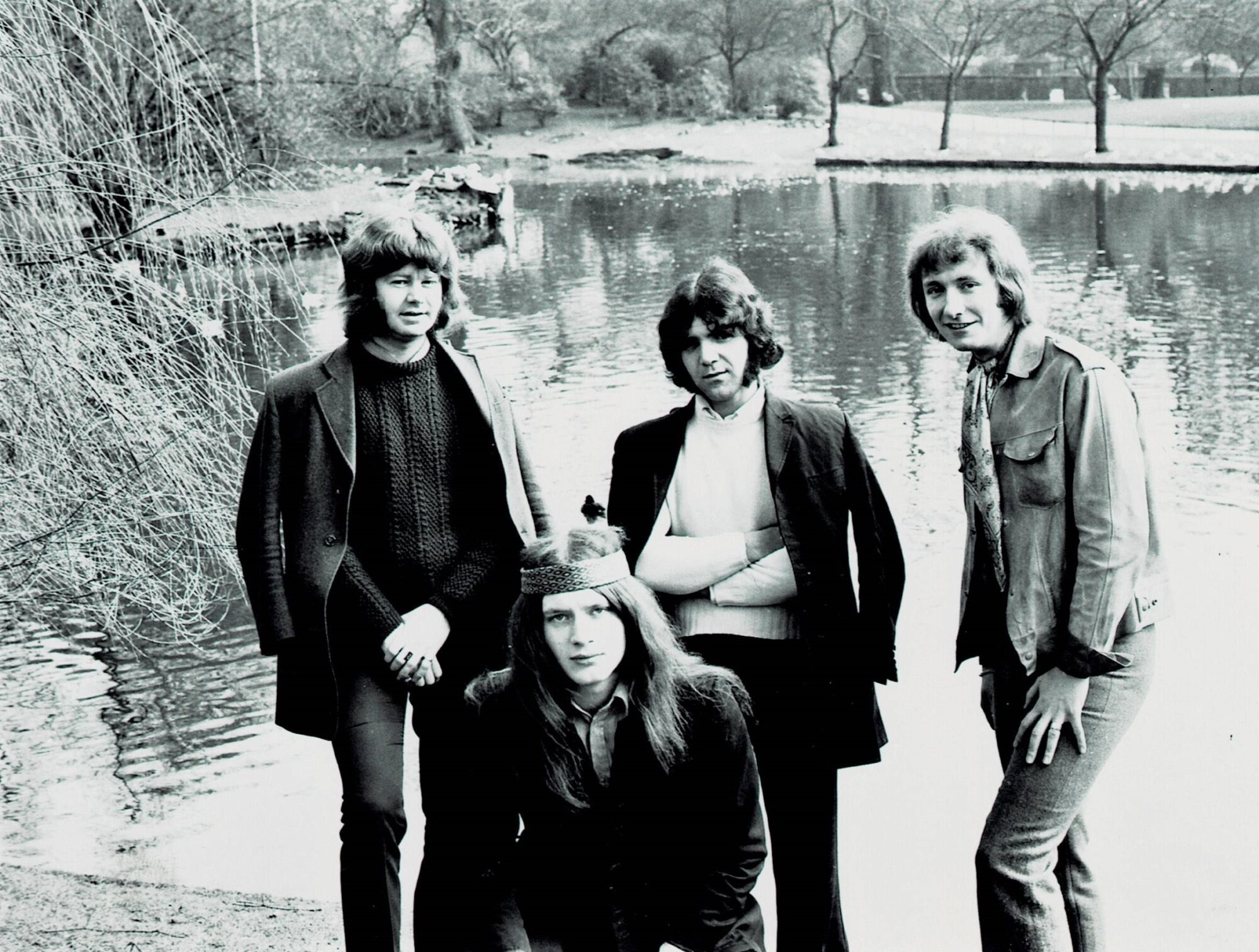
“The Lost Heavy Rock Gem Ritchie Blackmore Didn’t Want You to Miss”
It is great to have you. Are you excited to speak again about your band, Jodo? What is it like to hold the first band-sanctioned reissue in your hands, now with a 24-bit domain remaster? How are you enjoying it?
Rod Alexander: I received the reissue copies of the Jodo ‘Guts’ album and feel very pleased with the final product. Also, I am pleased to be involved with people who are extremely professional.
Where and when did you grow up? I would love it if you could tell us what it was like growing up in the Lake District, and what made you decide to move to London.
I grew up in the beautiful Lake District in the north of England. The local beach was only half a mile from my home, and Lake Wastwater was only a 10-minute drive away. However, as a teenager, I probably did not appreciate the natural beauty. I became fascinated by Radio Luxembourg and TV shows featuring the original rock “n” roll artists. The first record I ever bought was ‘Rock Around The Clock’ by Bill Haley and the Comets. My initial favorite artists were Eddie Cochran, Chuck Berry, Buddy Holly, and Gene Vincent.
Here in the UK, we had several reasonable artists: Lonnie Donegan, Cliff Richard and the Shadows, Marty Wilde, Joe Brown, and Dave Berry.
My first guitar was an Egmond, which was almost unplayable. Then I got a real electric, a Hofner Colorama. I managed to get some help from a local man who played jazz guitar and had worked in London in his younger days. I spent most of my spare time trying to copy guitar parts on my sister’s Dansette record player.
I managed to put a group together, The Titans. We were very rough, but after a couple of years, we had worked in most of the clubs and pubs in the local area. I also depped for other local bands: The Phlock, The Dolphins, and The Blue Beats.
One day, I got a phone call from the manager of the top local rock band, Lennie and the Silhouettes. They needed a new lead guitarist. Would I like the job? I gigged with them all over the north of England and Scotland.
Around this time, my parents decided to holiday for a week in London. While they went off visiting relatives, my mate and I spent all of our time in the West End around Denmark Street. Sound City, Top Gear, Selmers, Drum City, Burns, and many more. Everywhere were Fenders, Gibsons, Hofners, Gretsches, and Guilds. This is where I wanted to be. For the next couple of years, I gigged as often as I could in the Lake District until I was able to move south.
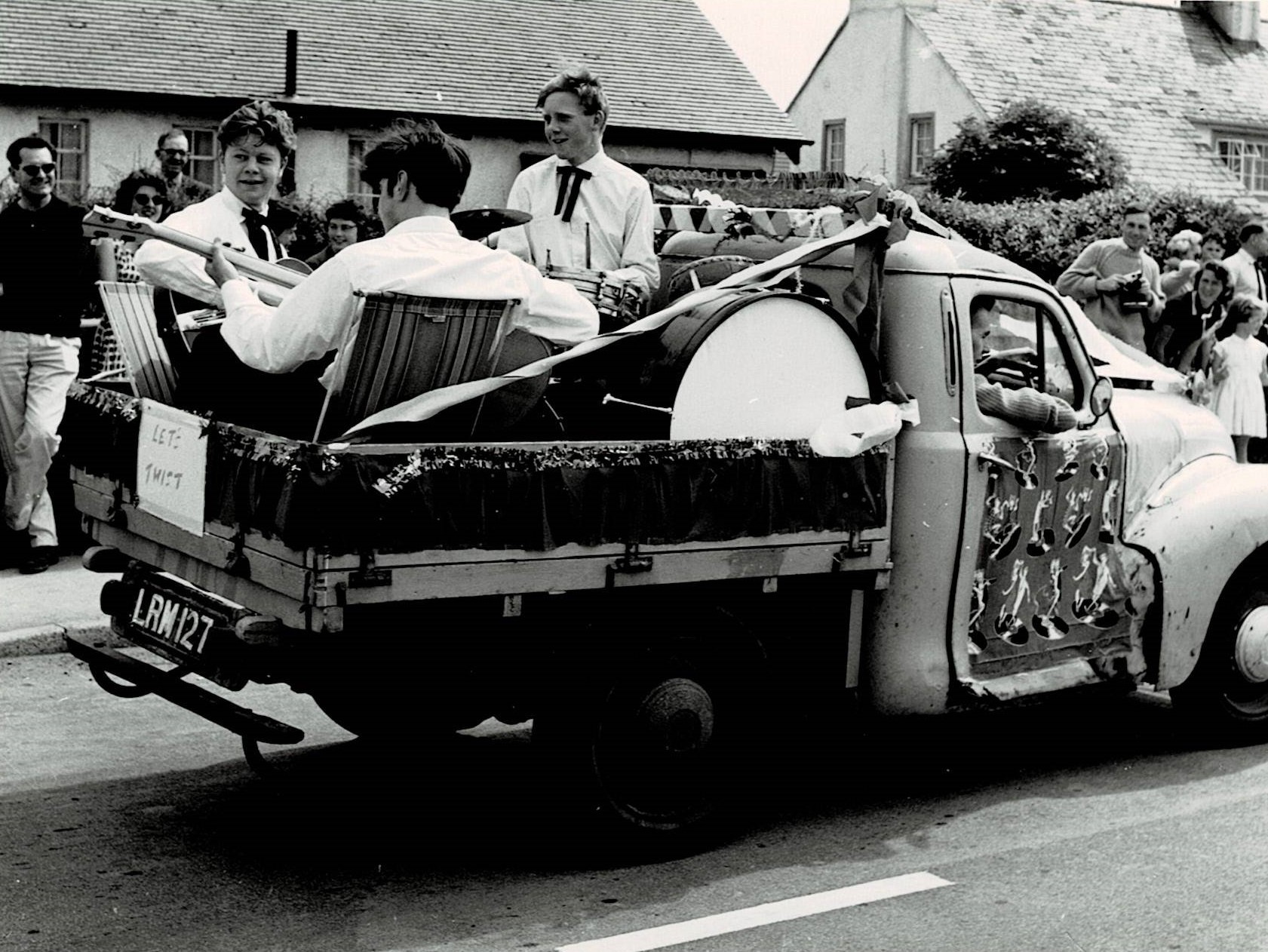
I imagine you arrived when the music scene was blooming in London. Do you recall some of the early gigs you attended that really sparked your interest?
Once I had found somewhere to live, I spent most of my time on the phone and visiting music stores. These were great places for finding work. I went to as many gigs as I could afford and watched Cream, Them, The Pretty Things, Long John Baldry, Vanilla Fudge, B.B. King, Spooky Tooth, and The Jimi Hendrix Experience.
On the playing front, my very first recording session was booked for me to play rhythm guitar in a small studio in Denmark Street. Being slightly nervous, I arrived early for the session and watched as the drummer heaved in his kit. To my amazement, the drummer was Ronnie Verrall, who was the drummer with the world-famous Ted Heath Orchestra. As if this wasn’t enough, five minutes later in walked Vic Flick. Vic was the lead guitarist with the John Barry Seven, who was world-famous as the guitarist on the James Bond film theme. What a way to start your session recording career!
I am not completely sure, but what are some of the very early bands you were part of as a kid, before Jodo?
I worked with Joe Brown’s Home Brew, Dave Curtiss and the Tremors, Carl Douglas and the Big Stampede, The Step, and Johnny Young (Australian artist), among others.
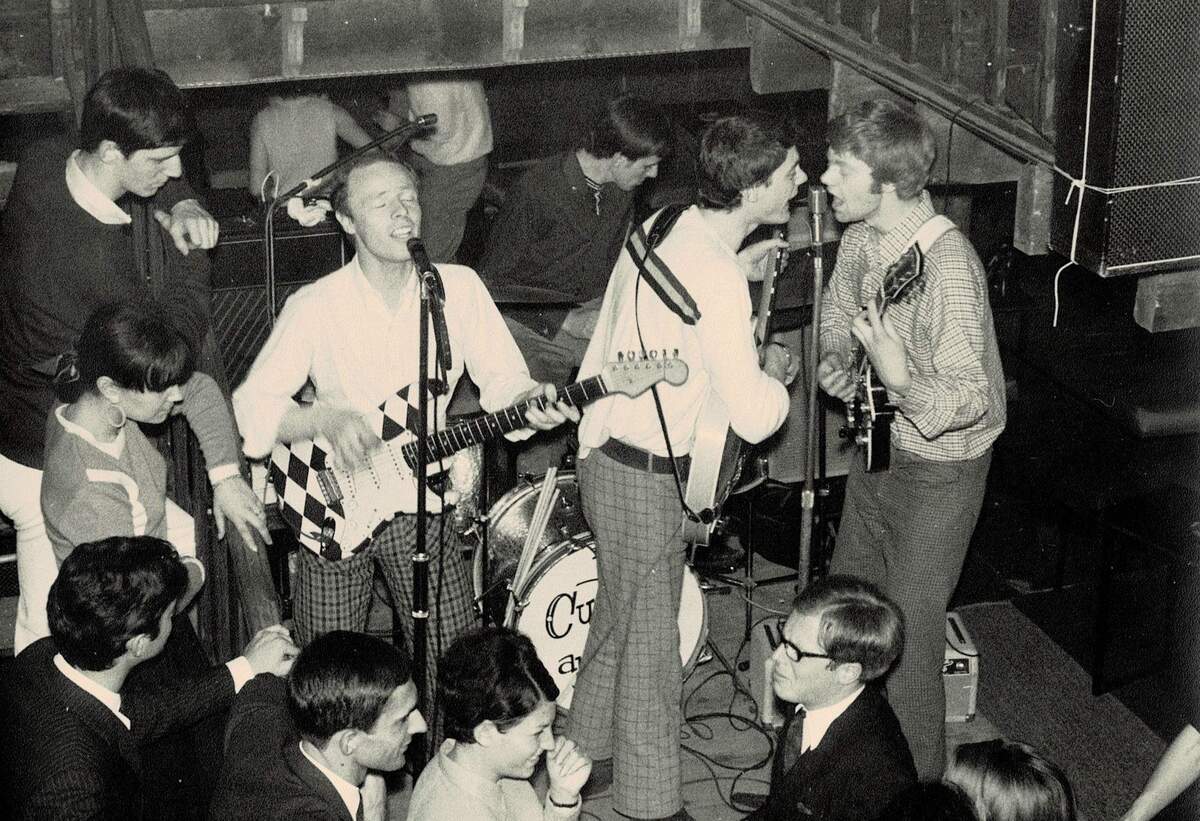
How did the members of Jodo meet, and what was the original idea behind starting the band?
After several years of gigging, learning, and traveling, I met a very good singer, Bill Kimber. We got on very well and started writing together. We decided that we would put a band together to record and promote our original material. Originally, we were a four-piece: Bill, Jon Taylor (bass), Dave James (drums), and myself. We sounded OK, but Dave was quite a funky drummer, so we changed him for the rockier Chico Greenwood.
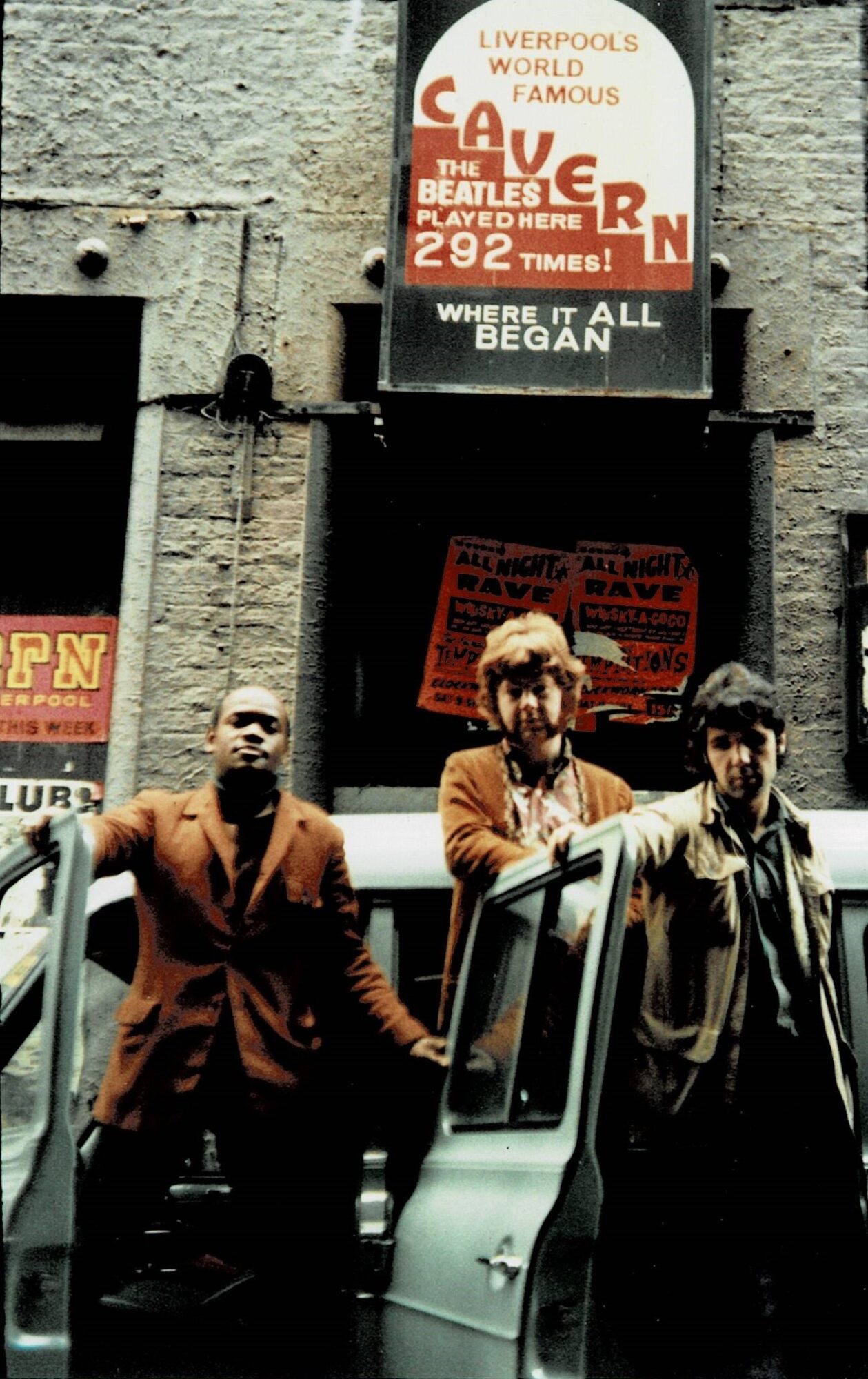
This was in London, correct?
Yes, we rehearsed in the West End for several months.
How did you originally meet Ritchie Blackmore?
I first met Ritchie briefly while I was playing at the Star Club, Hamburg, Germany. Some months later, I went to see the newly formed Deep Purple at Klooks Kleek in North London. Ritchie and I were chatting after the gig, and I told him about the band Bill and I had formed. He offered to come and have a listen.
In the meantime, you were also hired to play on Green Bullfrog. What do you remember from that experience?
I had become very busy by this time doing sessions for various different acts such as Graham Bonnet, Joe Brown, Mike Berry, Bee Gees, Tim Hollier, Dana Gillespie, Mike Carr’s Pendulum, and the Johnny Howard Orchestra. Around this time, Derek Lawrence was about to produce an album called The Green Bullfrog Sessions. It would feature most of the top session players, so I was very honored to be invited to join Ritchie Blackmore, Chas Hodges, Albert Lee, Ian Paice, and Tony Ashton, among others. The whole album was recorded in two days.
How did you get signed to Decca, and why was the release only available in the United States and New Zealand?
Jodo ‘Guts’ was only released in the US and New Zealand. The rest is a total mystery. I have a feeling it will do much better this time.

How did the producer Derek Lawrence get involved with Jodo?
Ritchie liked the band and brought producer Derek Lawrence to have a listen, and so Jodo ‘Guts’ was born. Thanks, Ritchie! Derek suggested adding Earl Jordan to the lineup, as most of the songs needed two vocalists, and I was already stretched doing all the guitar parts.
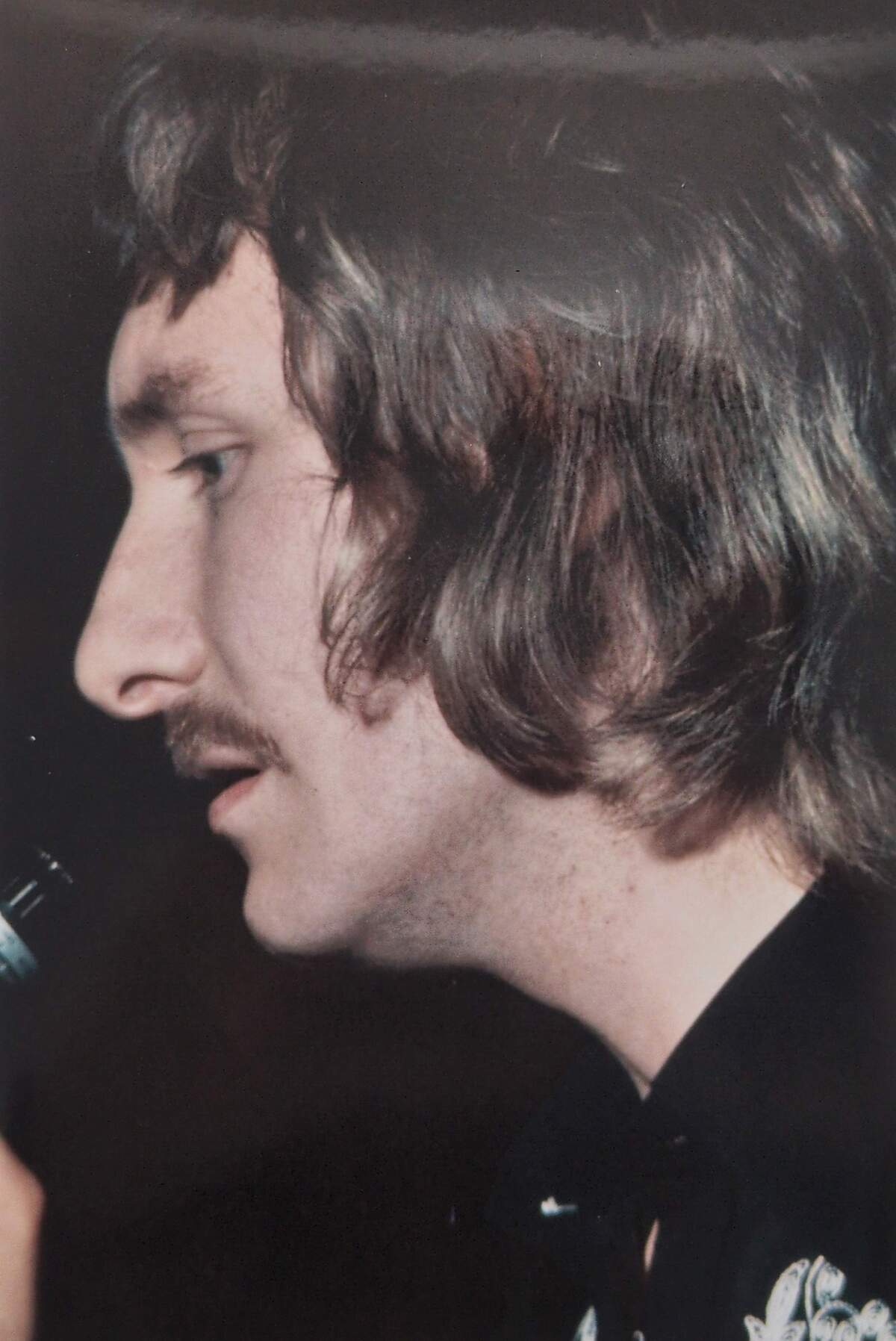
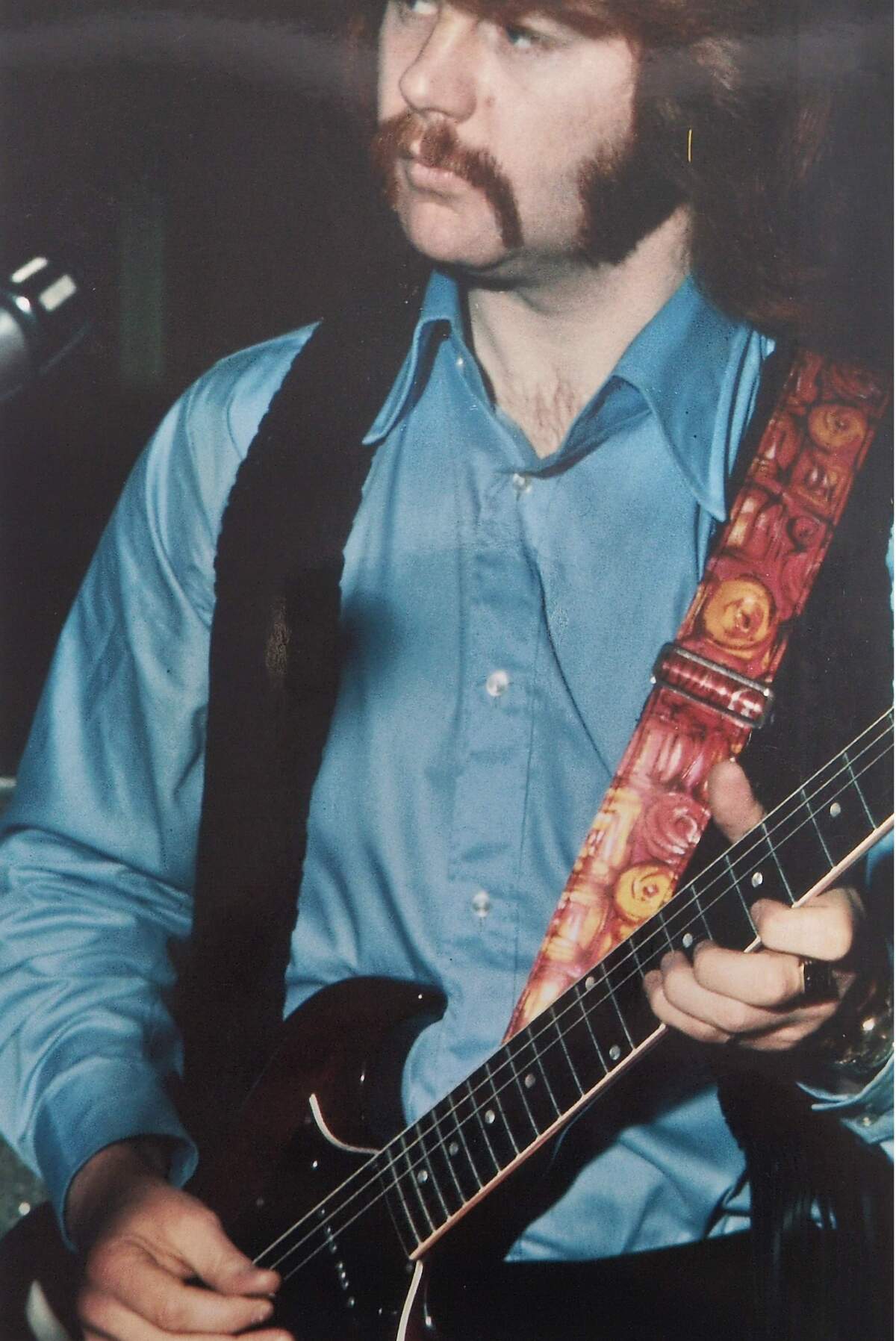
What are some of your strongest memories from recording and producing ‘Guts’?
Working with Martin Birch and Lou Austin was great. We did the whole ‘Guts’ album in two days!
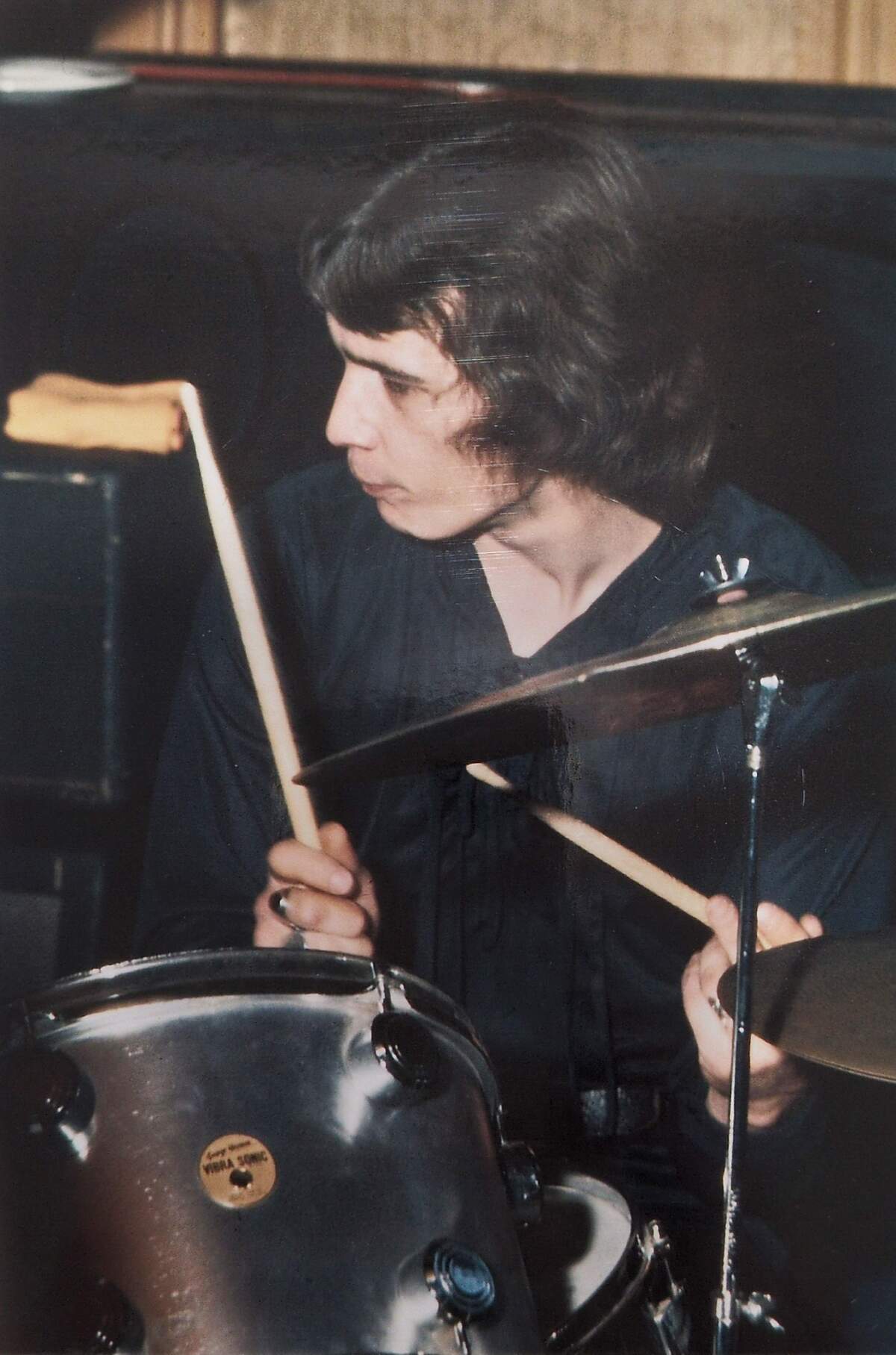
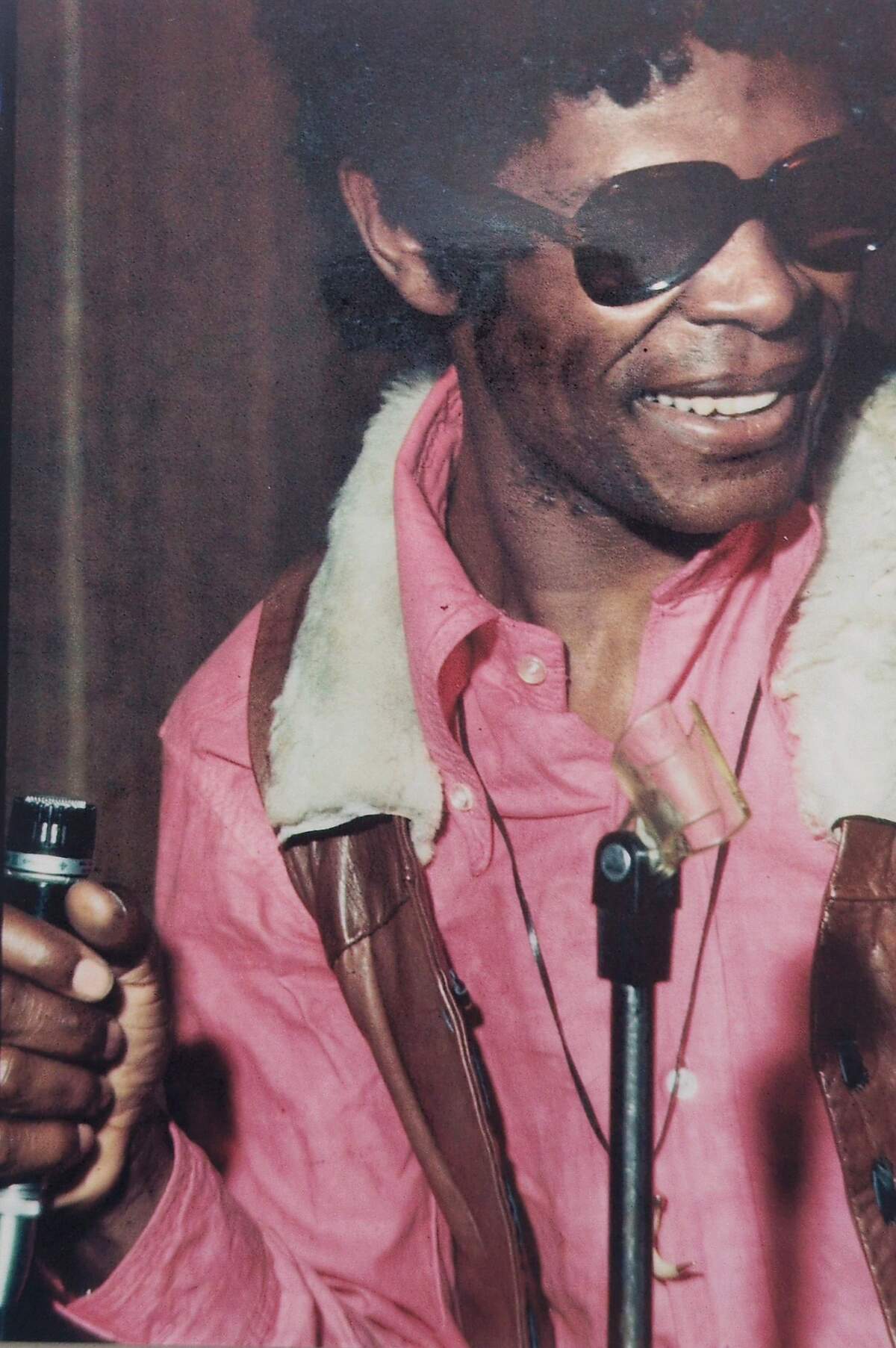
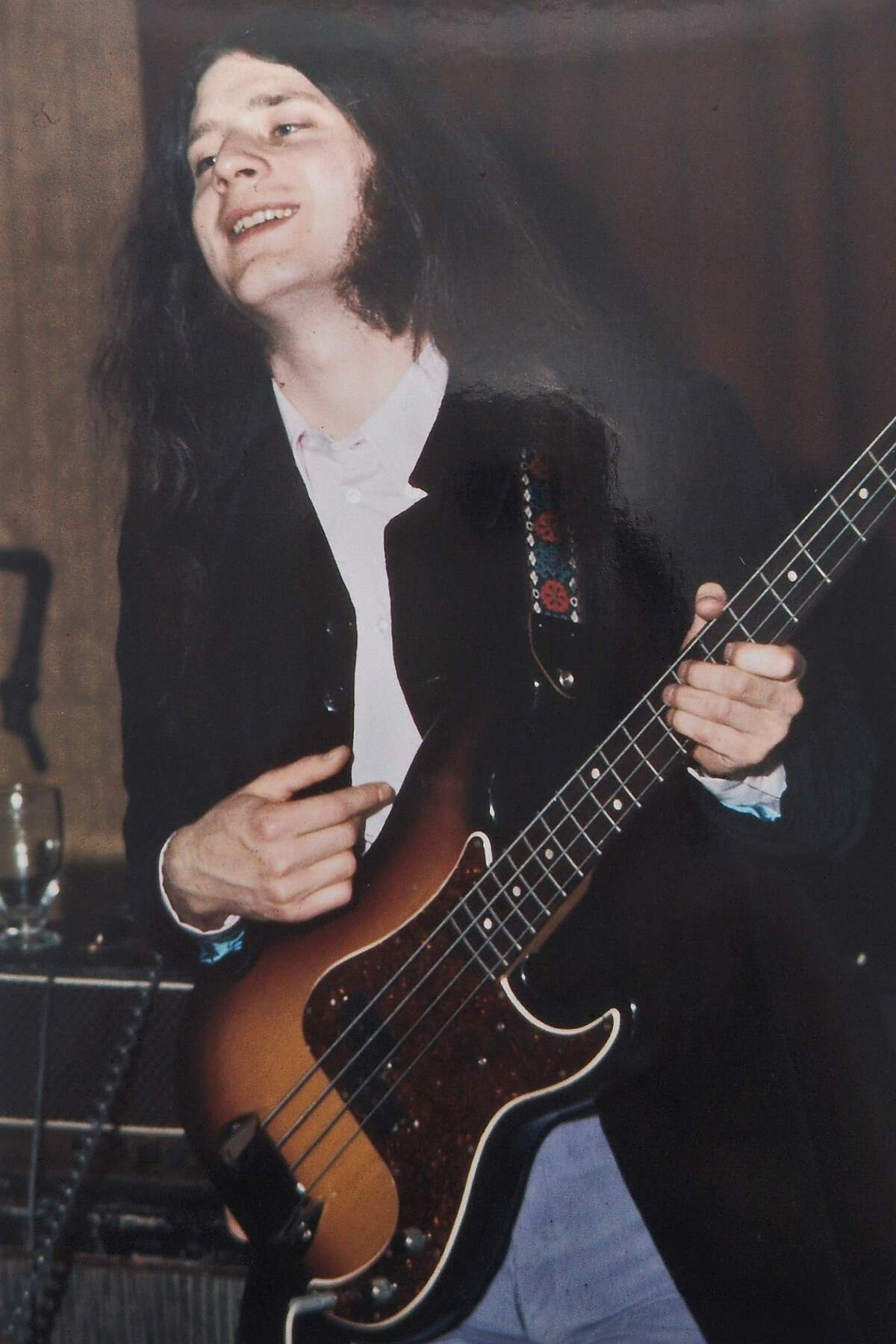
Would you be willing to share your insights on the album’s tracks?
The songs were written during a period of political turmoil. The Vietnam War was horrifying, and race relations were not great. Strange how many of the lyrics Bill and I wrote are still relevant today.
‘There’s Still Time’ is a serious black/white comment considering the time it was written.
‘Seventeen’ is about a young guy fighting in a war he doesn’t understand.
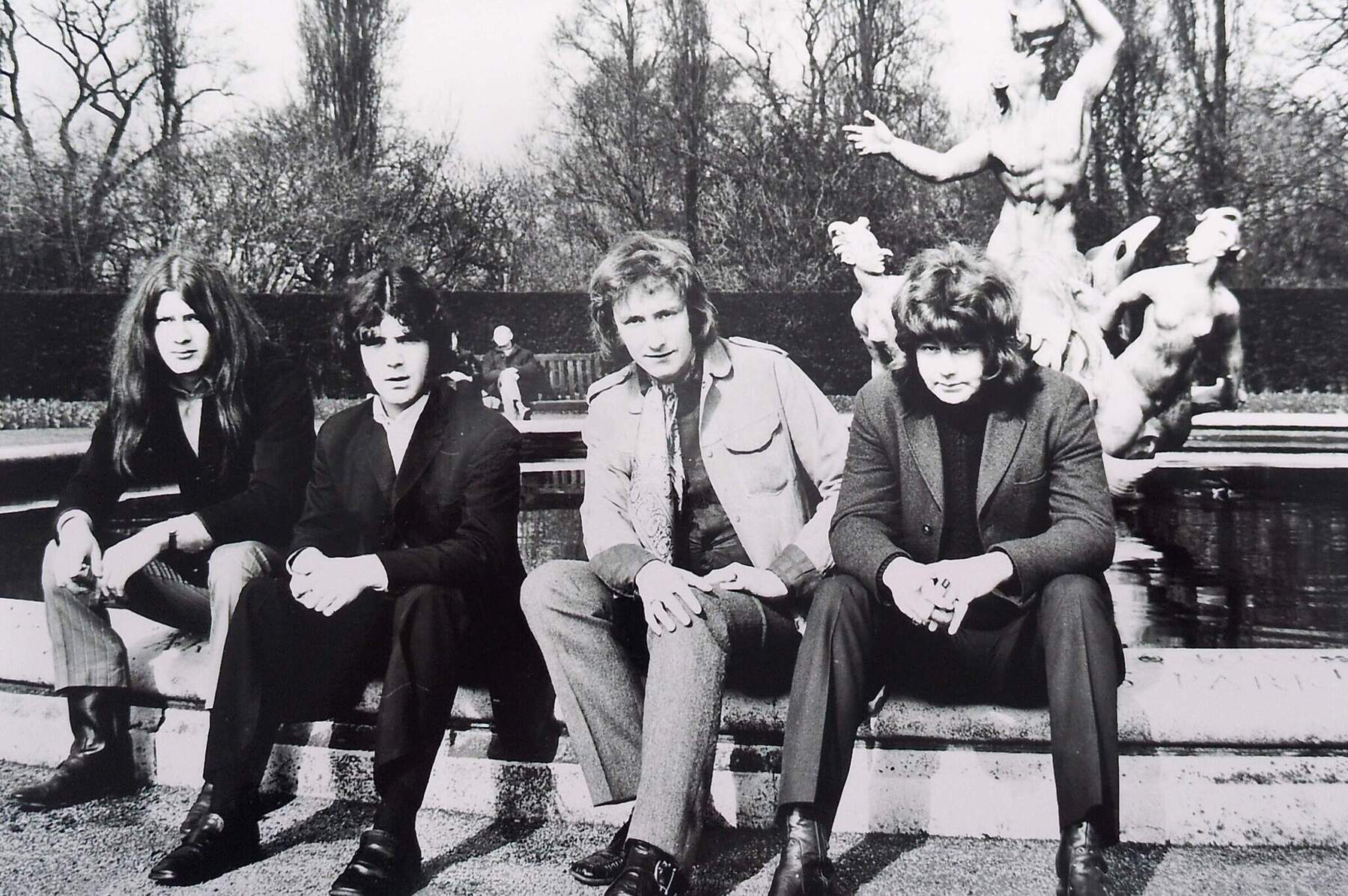
Did Jodo play a lot of gigs? Which ones stand out as the most memorable?
Jodo didn’t gig much. All the members were involved in various musical projects, but we did manage a few. One that stands out was at a rockers’ pub in South London. It was a daytime gig, and when we arrived the pub was very quiet. We were delighted that Ritchie turned up with his Gibson 335 and played right through the one-hour set we did. We did several tracks from the Jodo album as well as “I’m a Hog For You Baby,” “Roadrunner,” “What’d I Say,” and “Lawdy Miss Clawdy.” He was brilliant!
Just as the band started, a large group of about twenty hairy bikers arrived. We were very pleased to see that they really liked us. As we were packing away afterward, one of the hairy guys came over and complimented us. He then asked the name of the band, and suddenly a voice announced, “We are Wally Roundhead’s Glittering Wonderfuls!” I prefer the name Jodo.
Can you tell us about the gear you used during the recording sessions?
Recording gear on the Jodo album was quite basic:
Jon Taylor (bass) played a Fender Precision Bass.
Chico Greenwood (drums) used a Premier drum kit.
I played my Gibson SG Special through a Marshall 50-watt amp and 4×12 cabinet with a Vox wah pedal.
How did engineer Martin Birch and producer Derek Lawrence become involved? How much input did they have in the sessions and in shaping the final album?
Derek was involved because of Ritchie’s introduction, and Martin was booked by Derek.
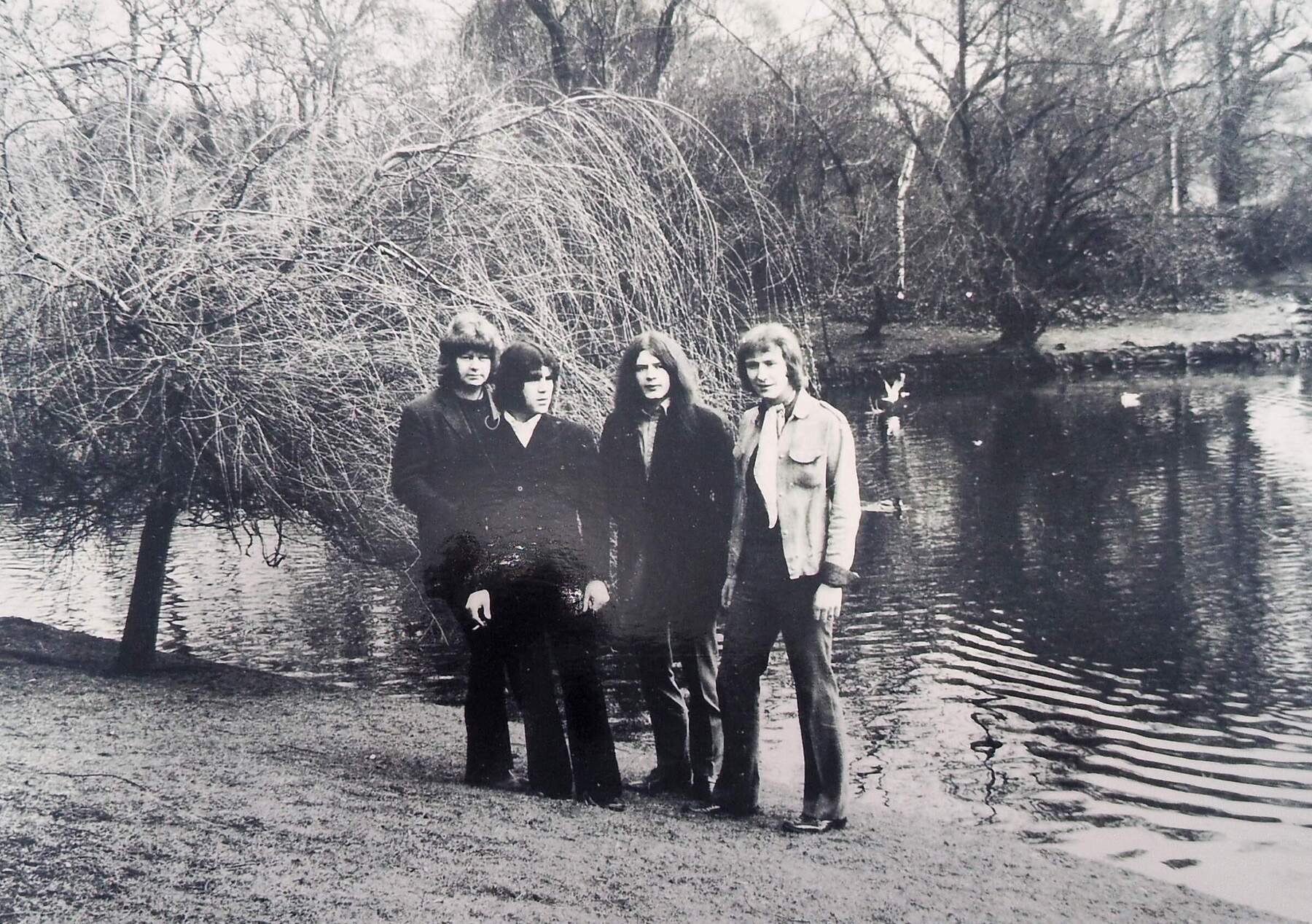
You had a Gibson SG Special. Is it true that even Ritchie Blackmore asked you for it?
Ritchie loved my Gibson SG; he played it several times. I think that although he liked his Gibson 335, he must have found it a bit cumbersome, as he is a very visual player. The SG is much lighter.
Was ‘Rat Race’ / ‘Wish You’d Never Been Born’ just a promotional single?
‘Rat Race’ was released as a promotional single. I have a copy that was released in Ghana!
When and why did Jodo disband?
All the members of Jodo were involved in various musical projects. We loved playing together, and there was never any animosity. We were all very disappointed that the album didn’t take off, but we knew that it wasn’t our fault. Sadly, Chico passed away last year. I have also lost contact with Bill and Jon. I still speak to Earl occasionally; he now lives in Croydon.
How did you originally meet Bill Kimber, and what led to the formation of Axe? What would you say was the main idea behind that project?
Axe was another attempt by Bill and me to promote our songwriting. We recorded three singles around the time of the Guts demise, but to no great acclaim.
Axe released quite a few singles. Tell us more about all of them. Did you perform many shows?
The two main Axe singles were ‘Running Wild’ / ‘Sing, Sing, Sing’ and ‘People Come People Go’ / ‘You’d Better Keep Out Of My Way.’
We did a couple of promotional spots… I really can’t remember where!
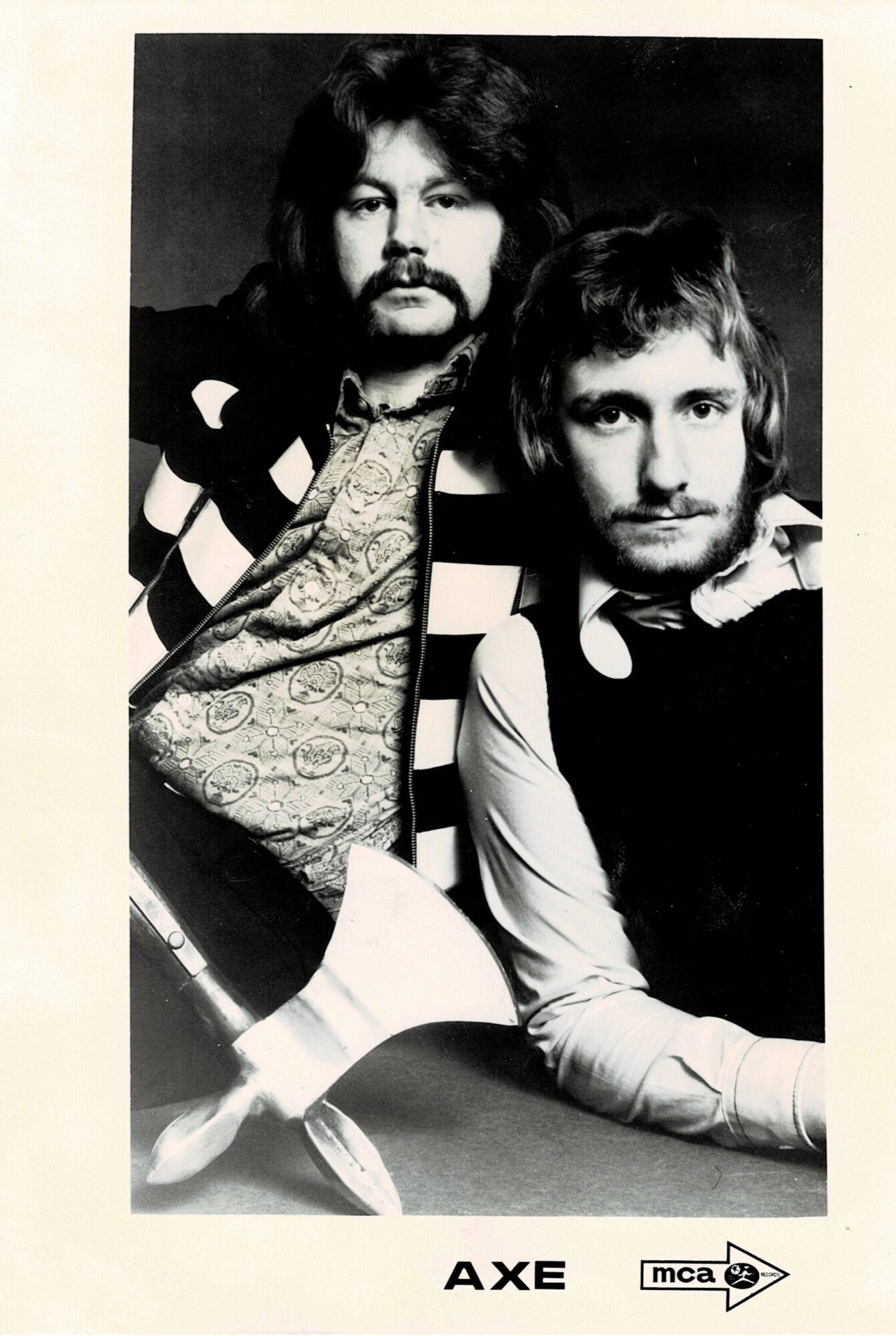
What happened after Axe?
Since then, I have carried on gigging, writing, and recording. I worked with the vocal group Blackwater Junction, touring the UK. We released two albums and five singles. The highlight of that was topping the bill on Sunday Night at the London Palladium.
Around this time, several memorable events took place. Here in brief:
I had dinner with legendary Elvis Presley guitarist James Burton. He is a lovely bloke.
On one gig, while working in a covers band, I turned up for the gig to be told that we were supporting The Everly Brothers. They were fantastic.
We were also booked to perform with world-acclaimed guitarist Albert Lee on a 25th-anniversary recording studio session.
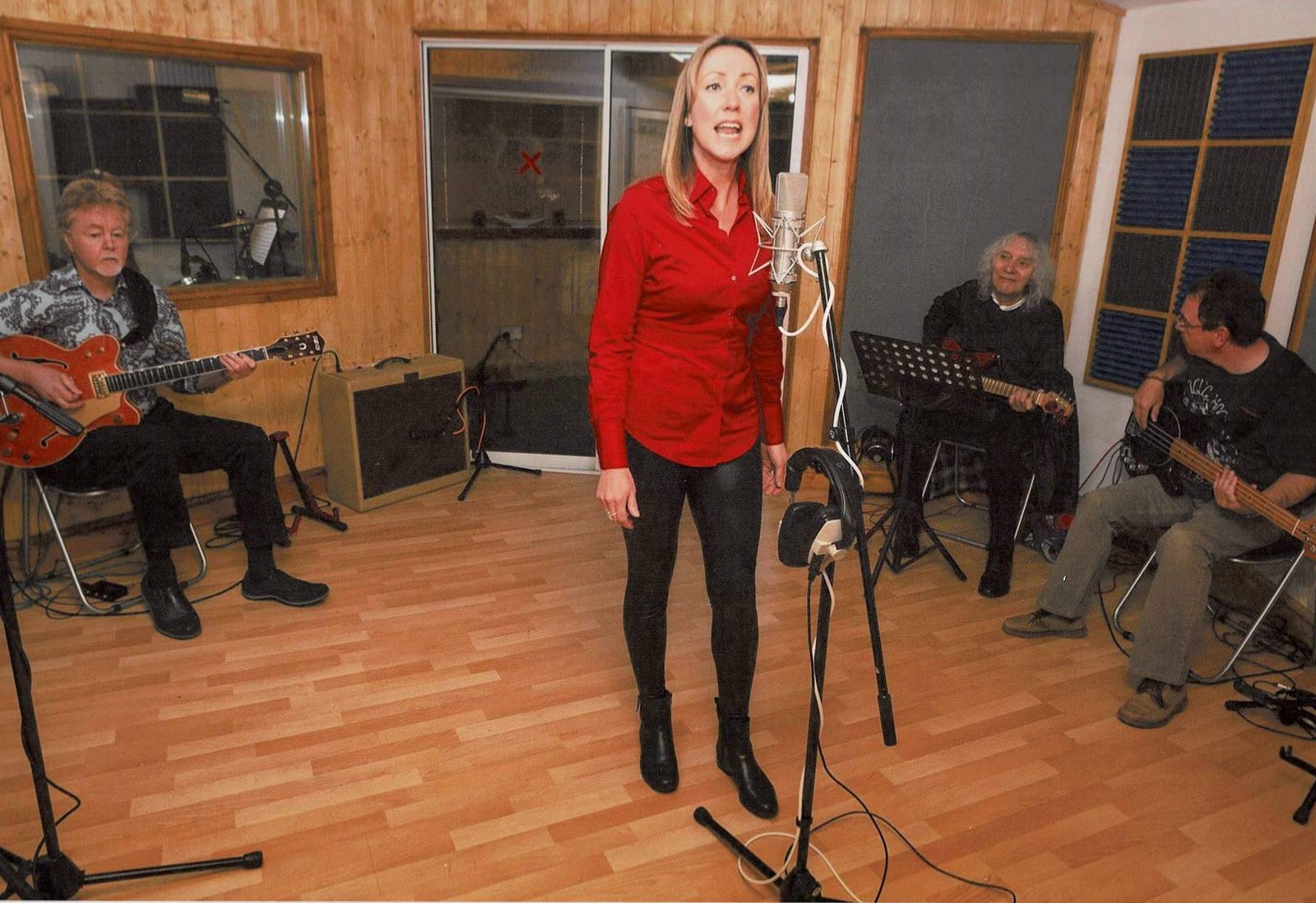
I worked on numerous recording sessions and continued writing and producing. My most recent album is ‘Save Me’ by Alexander Molineaux, which features myself and vocalist Jennifer Molineaux, whom I had previously teamed up with to form the duo Marrakesh Express. The album ‘Save Me’ is available across all streaming platforms.
For the last six years, I have also worked as a Music Therapist for Headway. Headway specializes in helping adults who have suffered a serious brain injury from causes such as a stroke, heart attack, or road traffic accident. We have helped a large number of people who have found that music can help them to readjust to normal living.
While researching, I found connections between your name and bands such as Blackwater Junction, Dave Curtiss and the Tremors, Lenny and The Silhouettes, Marrakesh Express, and The Titans.
What would you say was the most memorable gig with Jodo? And which one was the wildest?
Definitely the one that Ritchie Blackmore joined us on!
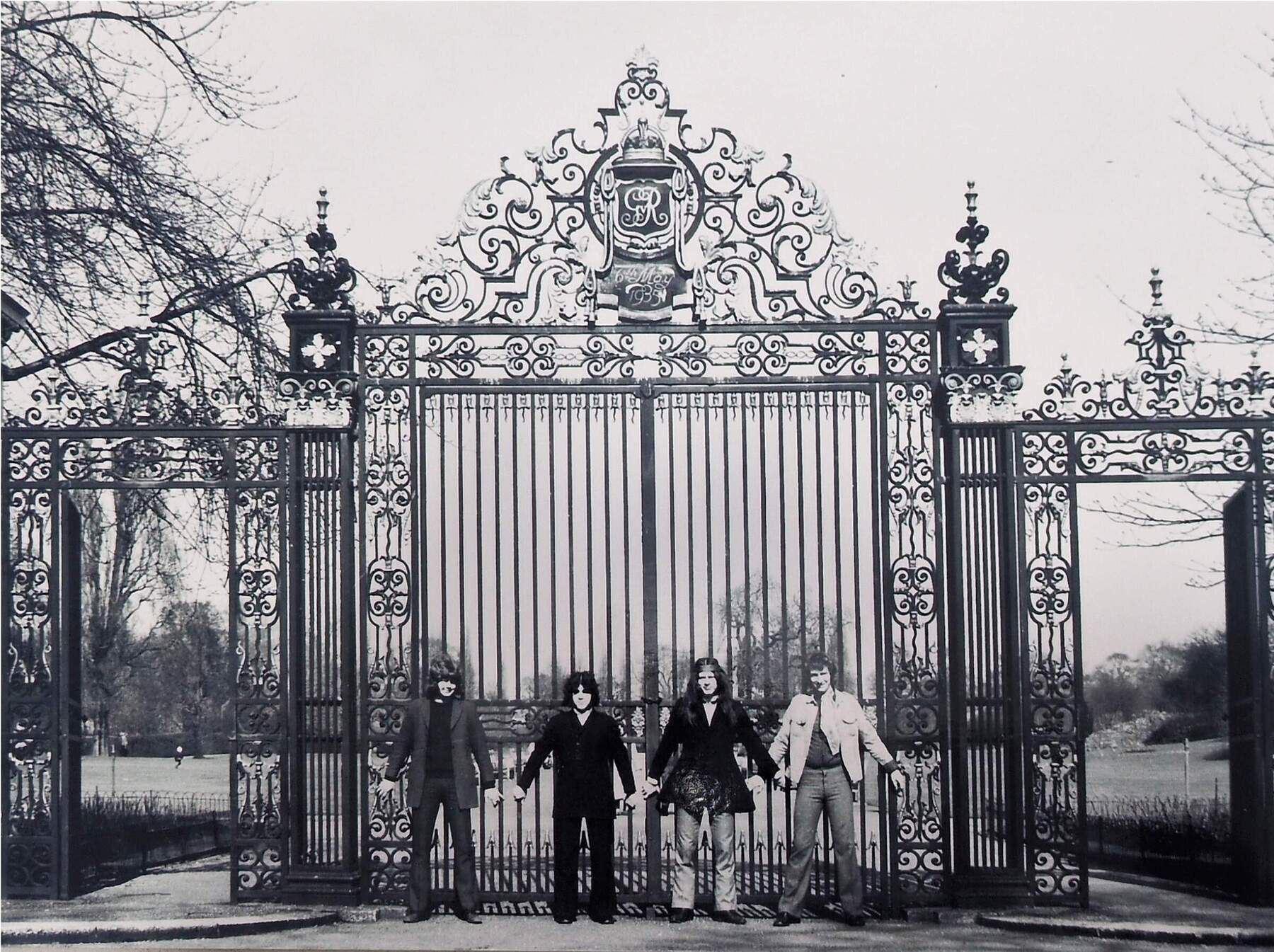
Thank you for taking the time. The last word is yours.
So grateful for having the chance to let this album be heard and acquired by people who have liked it for so long but have been unable to acquire it.
Klemen Breznikar
Headline photo: The five-member lineup of Jodo ‘Guts’ (circa 1971)
Guerssen Official Website / Facebook / Instagram / X / Bandcamp / YouTube

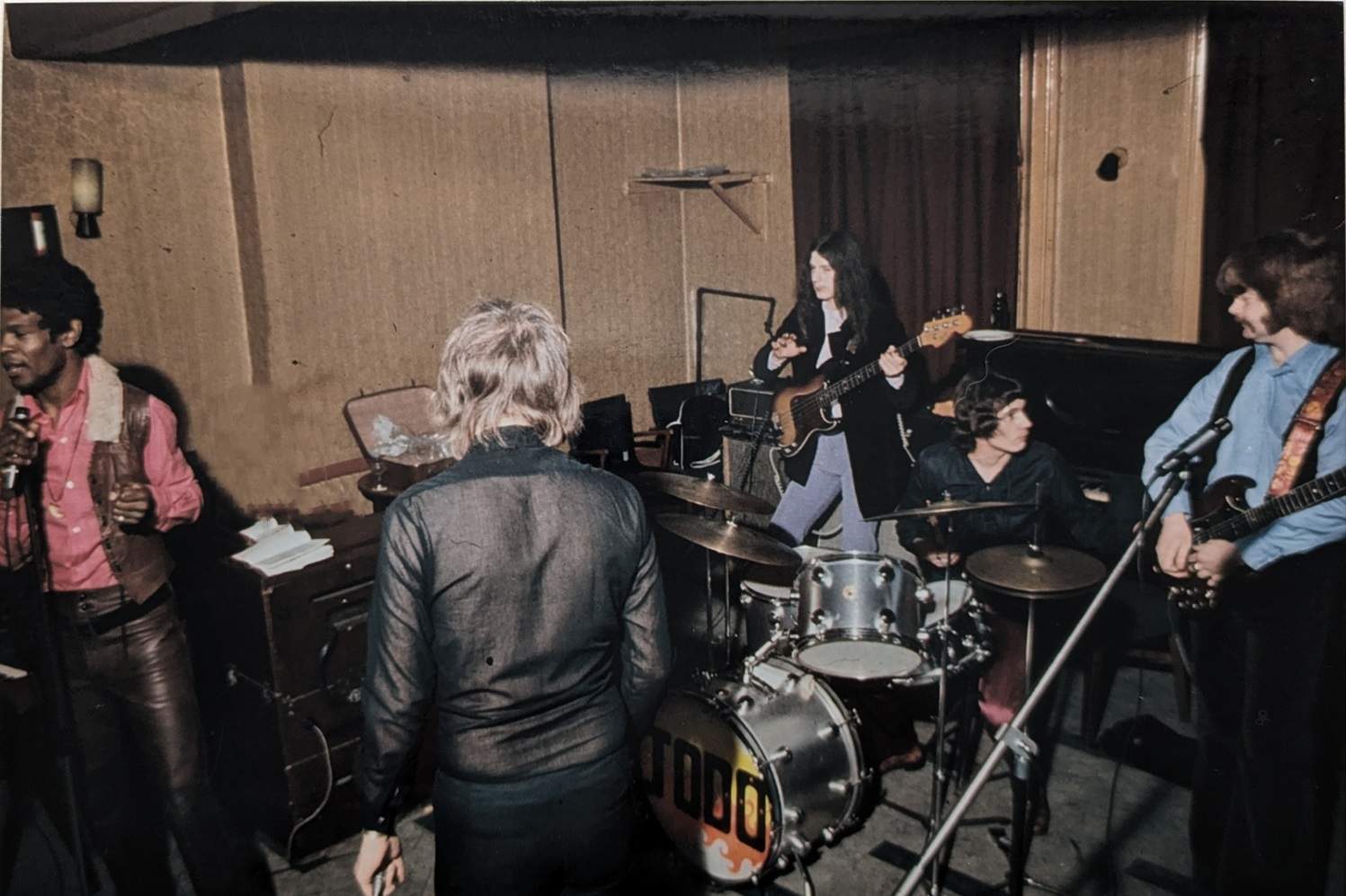
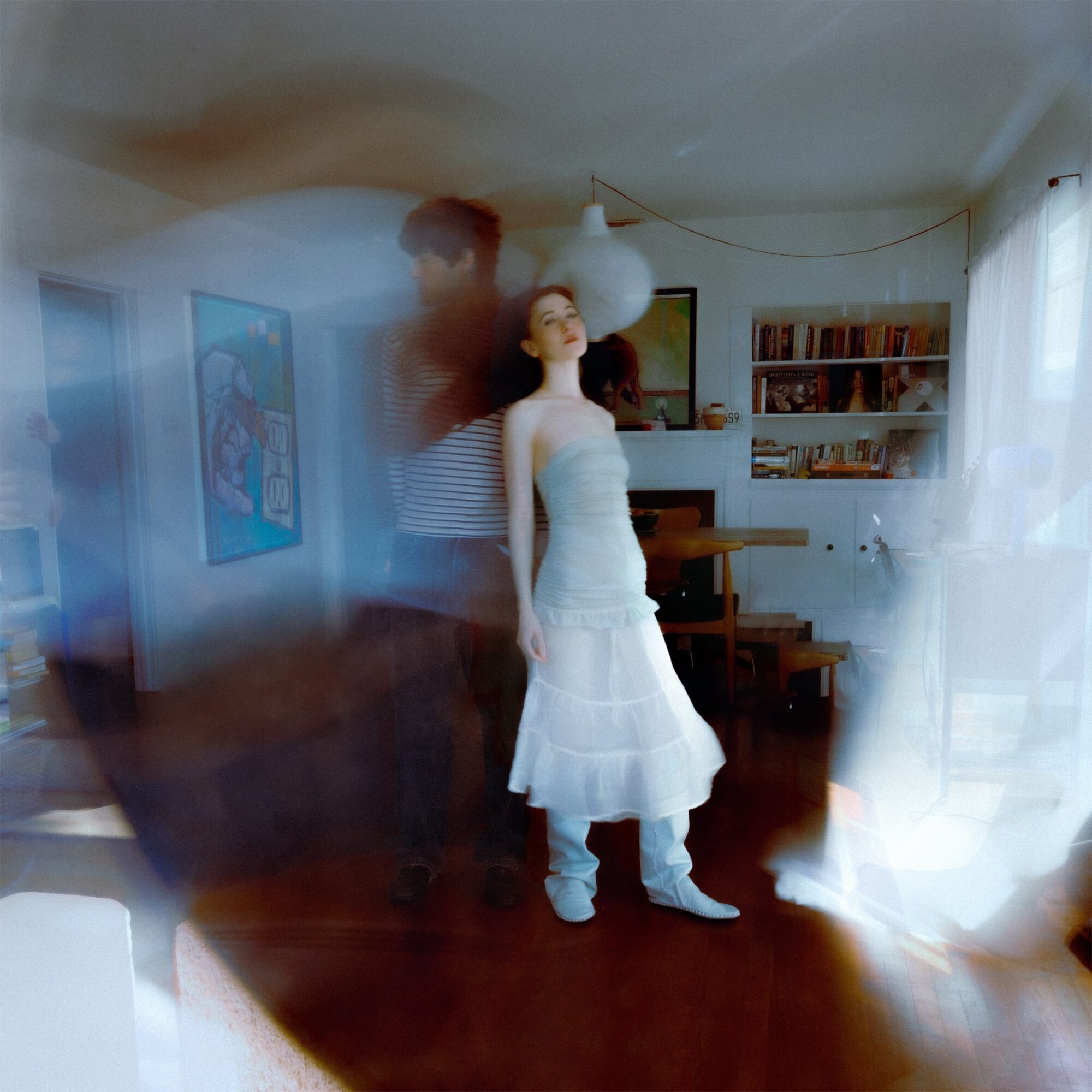
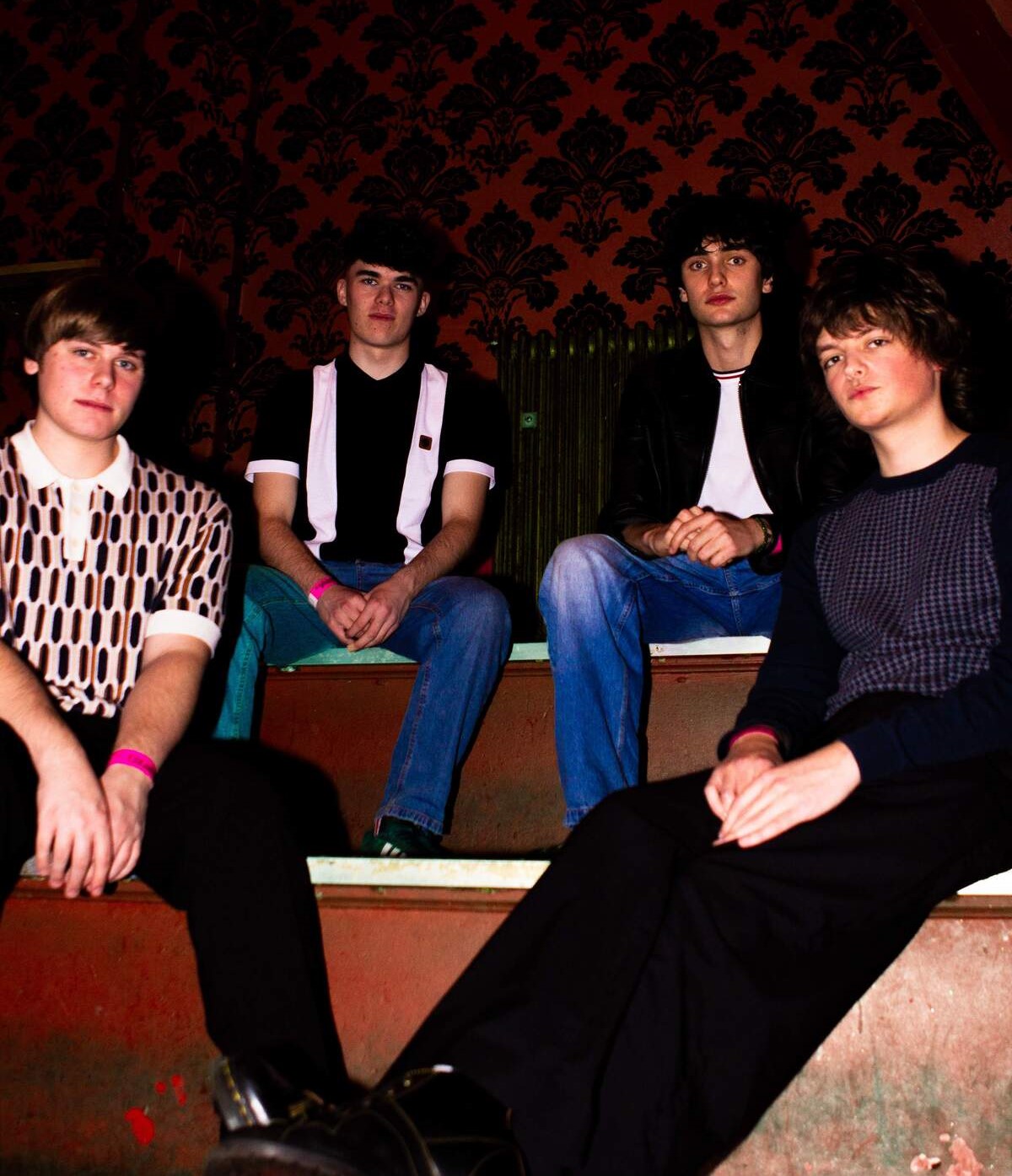
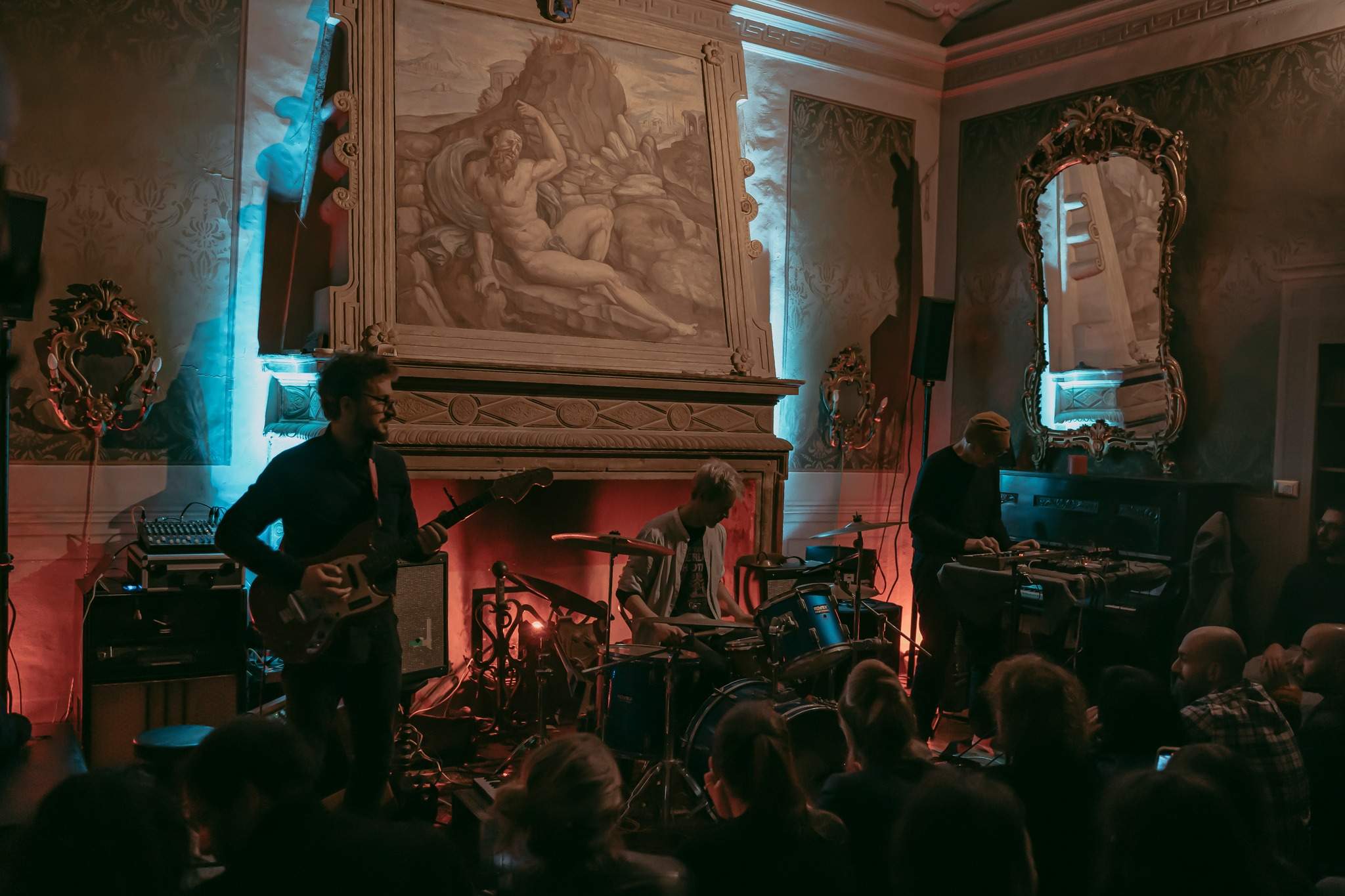
I love it!! Very pleased with this excellent article.